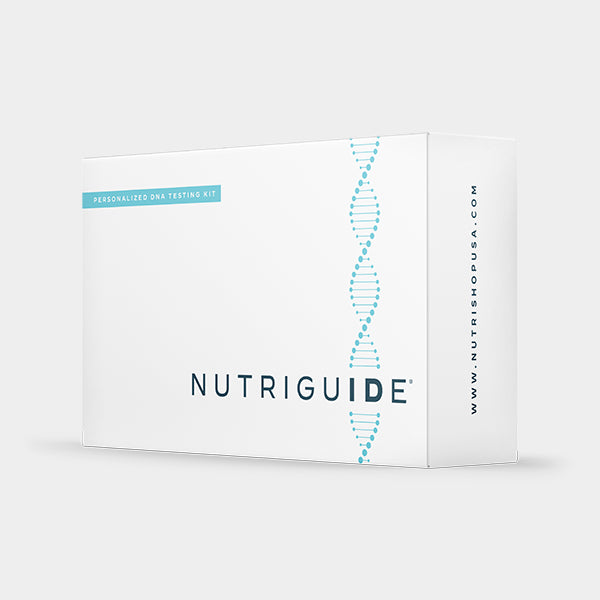February is Heart Health Month, making it the perfect time to take a closer look at what’s on your plate. In addition to exercising regularly, the food choices you make every day play a major role in keeping your heart strong, your arteries clear, and your overall cardiovascular system functioning at its best.
Recent research underscores the importance of whole, unprocessed foods, healthy fats, and a balanced approach to nutrition when it comes to heart health. Below are seven science-backed strategies to help you eat smarter and support your heart for years to come.
1. Ditch the Seed Oils
Vegetable and seed oils—like soybean, corn, canola, and sunflower oil—are often marketed as heart-healthy, but research suggests otherwise. These oils are high in omega-6 fatty acids, which can contribute to chronic inflammation when consumed in excess. A 2020 review in Nutrients highlighted that an imbalanced ratio of omega-6 to omega-3 fatty acids is linked to an increased risk of heart disease and metabolic disorders.
Instead, opt for heart-friendly fats like extra virgin olive oil, avocado oil, and grass-fed butter. These fats contain beneficial compounds like polyphenols and monounsaturated fats, which have been shown to support cardiovascular function.
2. Avoid Ultra-Processed Foods
It’s no secret that ultra-processed foods aren’t doing your heart any favors. A 2023 study published in The BMJ found that a high intake of ultra-processed foods—including packaged snacks, fast food, sugary cereals, and soft drinks—is associated with a higher risk of cardiovascular disease and premature death.
Ultra-processed foods often contain artificial additives, excess sodium, and unhealthy fats that contribute to inflammation, high blood pressure, and poor cholesterol levels. Prioritize whole, minimally processed foods like fresh fruits, vegetables, lean proteins, and whole grains to support heart health.
3. Eat More Omega-3s
Omega-3 fatty acids have long been recognized for their heart-protective benefits. A 2022 meta-analysis in JAMA Cardiology found that higher omega-3 intake is associated with lower risks of heart attack, stroke, and cardiovascular-related death.
The best sources? Fatty fish like salmon, sardines, and mackerel. If you’re not a seafood fan, consider a high-quality fish oil supplement to help meet your omega-3 needs.
4. Get Smart About Carbs
Carbohydrates often get a bad rap, but not all carbs are created equal. Refined carbs—like white bread, pasta, and sugary snacks—can spike blood sugar levels and increase the risk of heart disease. On the other hand, fiber-rich whole grains, legumes, and non-starchy vegetables can help regulate cholesterol and support heart function.
A 2021 study in The Lancet found that individuals consuming at least 25 grams of fiber daily had a significantly lower risk of heart disease compared to those with low fiber intake. Swap refined grains for whole grains like quinoa, oats, and brown rice to keep your heart in good shape.
5. Prioritize Magnesium-Rich Foods
Magnesium is an unsung hero for heart health. It plays a vital role in regulating blood pressure and maintaining normal heart rhythm. According to a 2022 study in Frontiers in Nutrition, magnesium deficiency is linked to an increased risk of hypertension, arterial stiffness, and cardiovascular disease.
To boost your intake, include magnesium-rich foods like spinach, pumpkin seeds, almonds, and dark chocolate (70% cacao or higher) in your diet. Or supplement with a quality magnesium product.
6. Keep an Eye on Sodium and Potassium Balance
Too much sodium and too little potassium is a recipe for high blood pressure, one of the biggest risk factors for heart disease. While the American Heart Association recommends keeping sodium intake under 2,300 mg per day (ideally closer to 1,500 mg), most people consume far more—often due to processed and restaurant foods.
A 2023 study in Circulation found that increasing potassium intake while reducing sodium can significantly lower blood pressure and reduce the risk of heart disease. Focus on potassium-rich foods like avocados, sweet potatoes, bananas, and beans while minimizing processed foods high in hidden sodium.
7. Add More Nitrate-Rich Vegetables
Leafy greens like spinach, arugula, and beets contain natural nitrates, which help dilate blood vessels and improve circulation. A 2021 study in The European Journal of Epidemiology found that people who consumed nitrate-rich vegetables daily had significantly lower blood pressure and a reduced risk of heart disease.
Beets, in particular, have been widely studied for their cardiovascular benefits. Their high nitrate content helps increase nitric oxide production in the body, promoting better blood flow and oxygen delivery to the heart. Try adding roasted beets to salads, blending them into smoothies, or sipping on beet juice for a natural heart boost.
The Bottom Line
Small dietary changes can add up to big results when it comes to heart health. By cutting out inflammatory seed oils, steering clear of ultra-processed foods, and incorporating more heart-friendly nutrients into your daily routine, you’re setting yourself up for long-term cardiovascular success.
This Heart Health Month, challenge yourself to make smarter choices—your heart will thank you.






